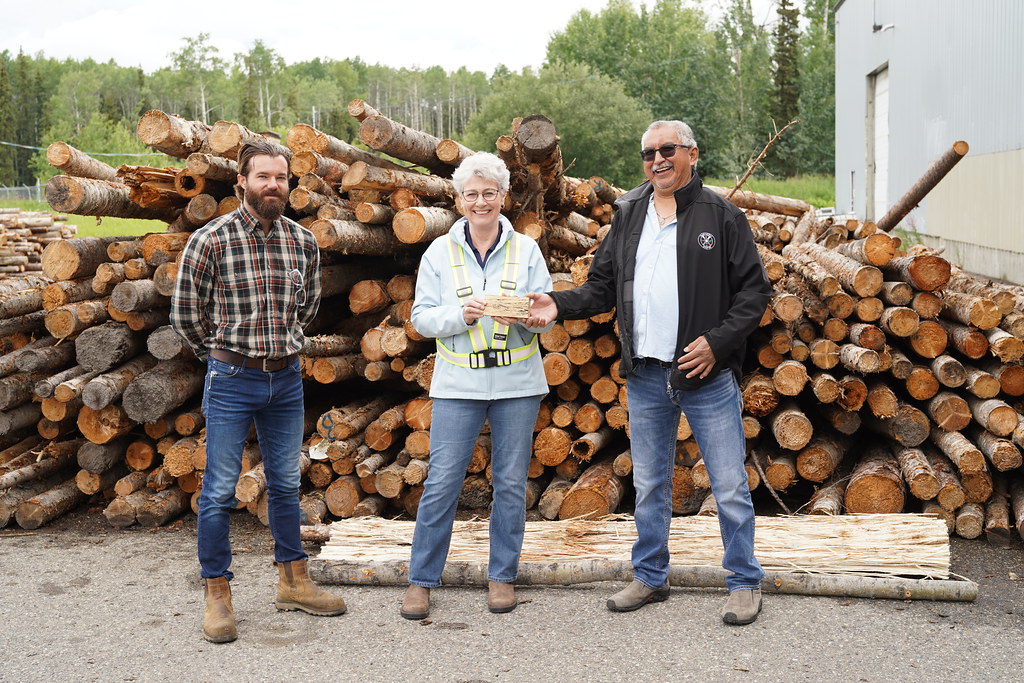British Columbia government has provided Deadwood Innovations, a joint venture with the Nak’azdli Whut’en First Nation, $200,000 over the past two years to support the creation of jobs in rural communities, and to accelerate Indigenous participation in the forest sector.
Deadwood Innovations has used the funding to assess, engineer, procure and build a pilot-scale manufacturing plant at the site of the former Tl’Oh Forest Products mill in Fort St. James. The funding is provided through the Indigenous Forest Bioeconomy Program.
The Province is working closely with Deadwood Innovations to finalize new funding so it can commercially produce engineered wood products in its facility through the new accelerator stream of the Indigenous Forest Bioeconomy Program.
The plant design is scheduled to start in September 2022. Deadwood Innovation’s facility will process low-quality, damaged and underutilized fibre into value-added engineered wood products. Its technology is creating new market opportunities by producing engineered wood products that can be customized to meet specifications for industrial wood products and solid biomass fuels. The use of forest waste decreases the need for slash pile burning, reducing carbon emissions.
The forest bioeconomy is focused on using materials left over from logging and forestry, such as bark, shrubs, branches and berries, to make everyday products. This helps shift the forest sector to a high-value, waste-free circular economy that reduces the use of petrochemical-based products and helps fight climate change.
The Indigenous Forest Bioeconomy Program supports increased Indigenous participation in the forest sector and the development of an Indigenous-led forest bioeconomy in B.C. The aim is to increase the use of fibre and create economic opportunities. Supporting B.C.’s forest bioeconomy is part of CleanBC: Roadmap to 2030, B.C.’s plan to expand and accelerate climate action, while building new opportunities in the clean economy.
